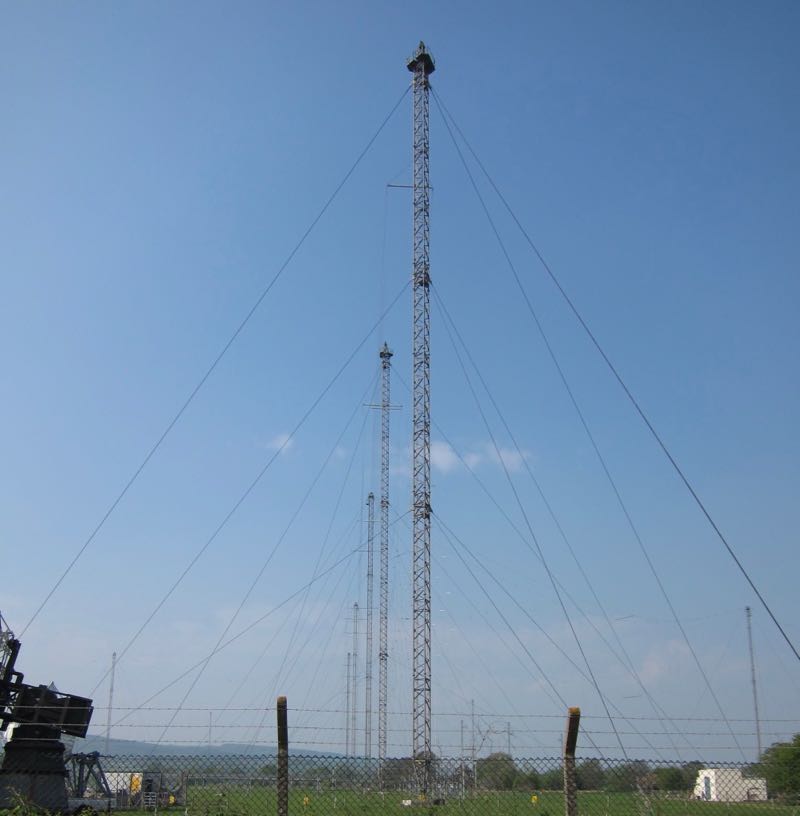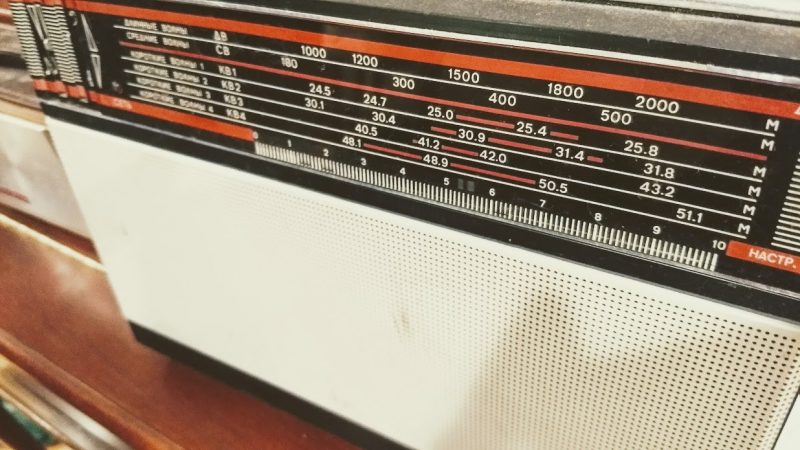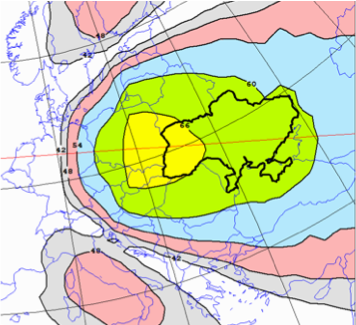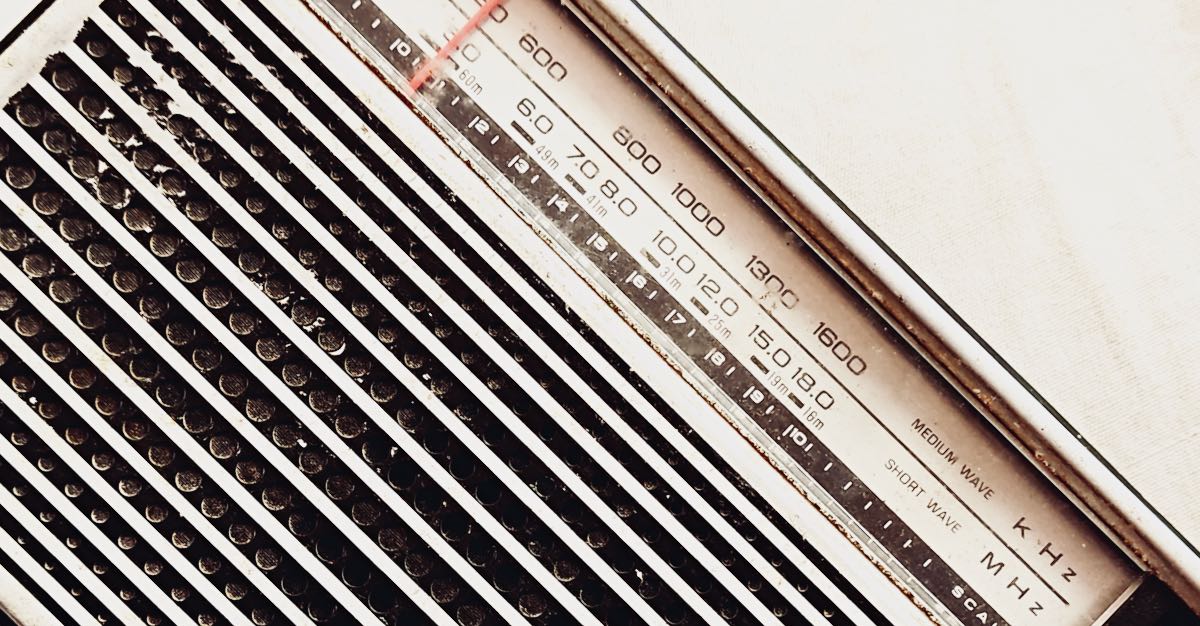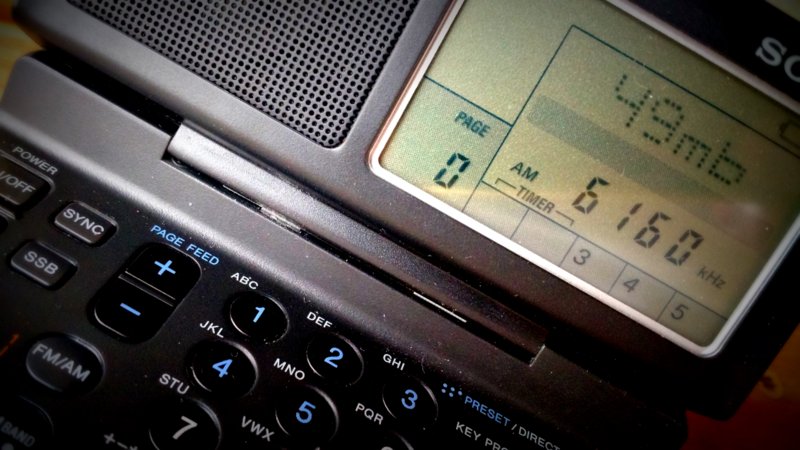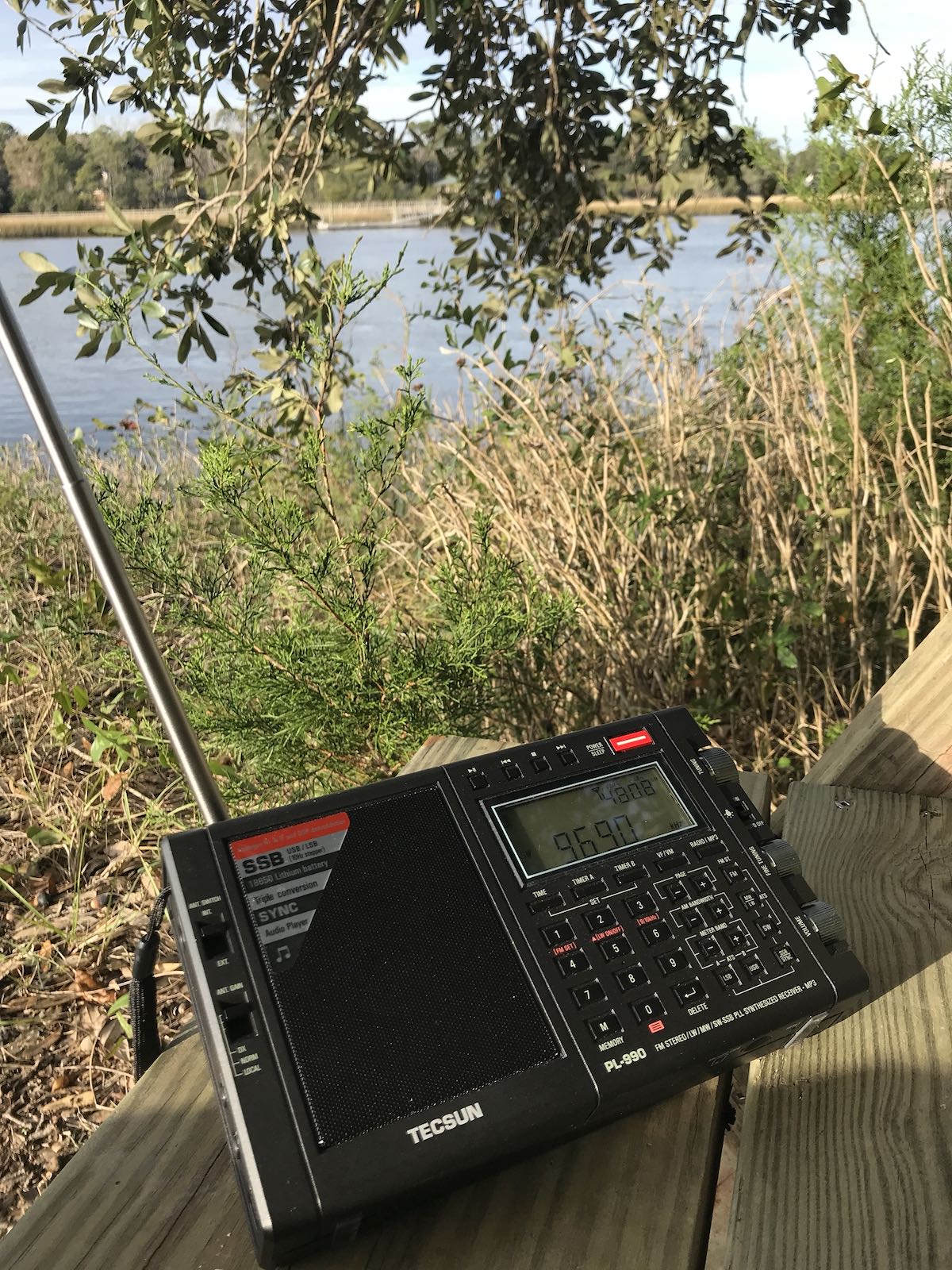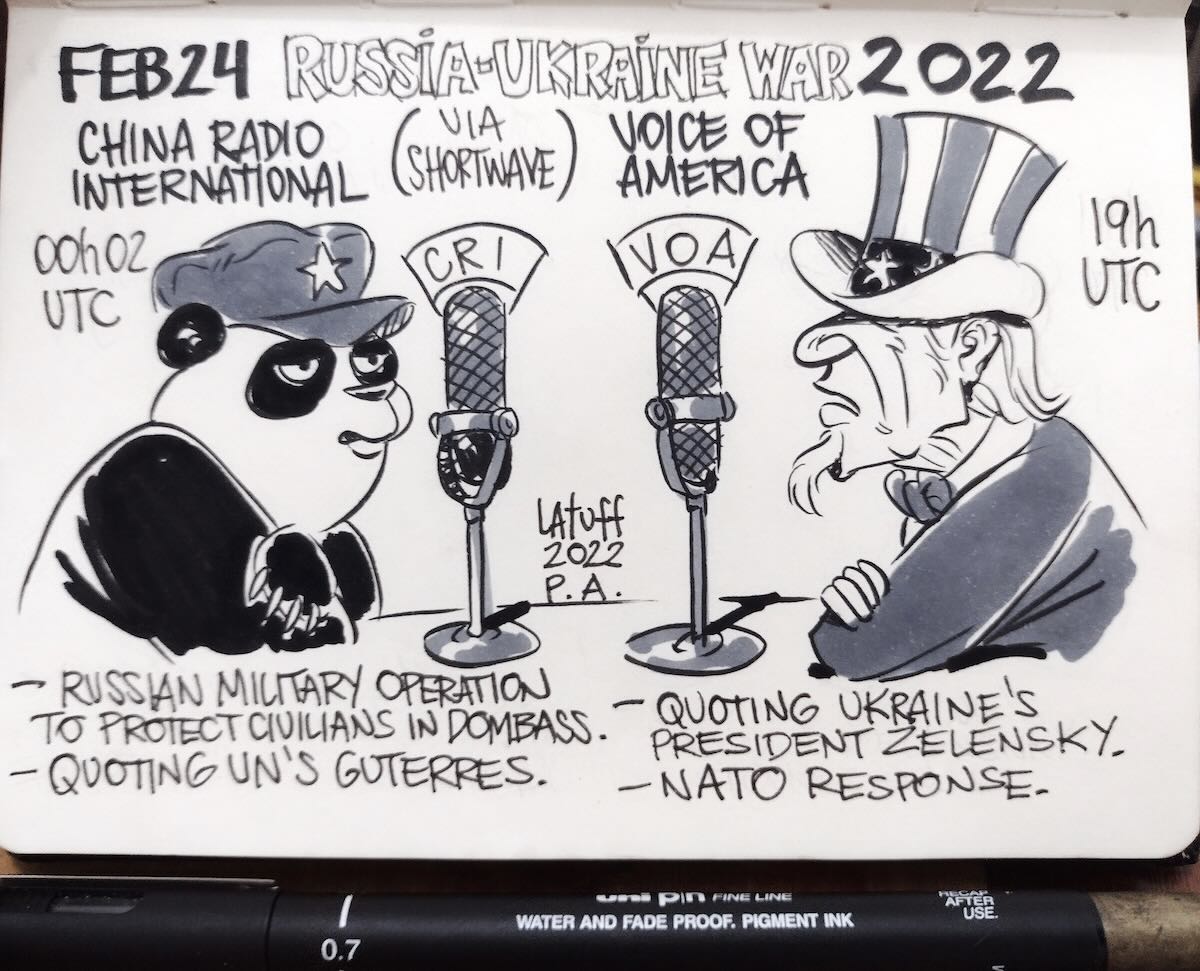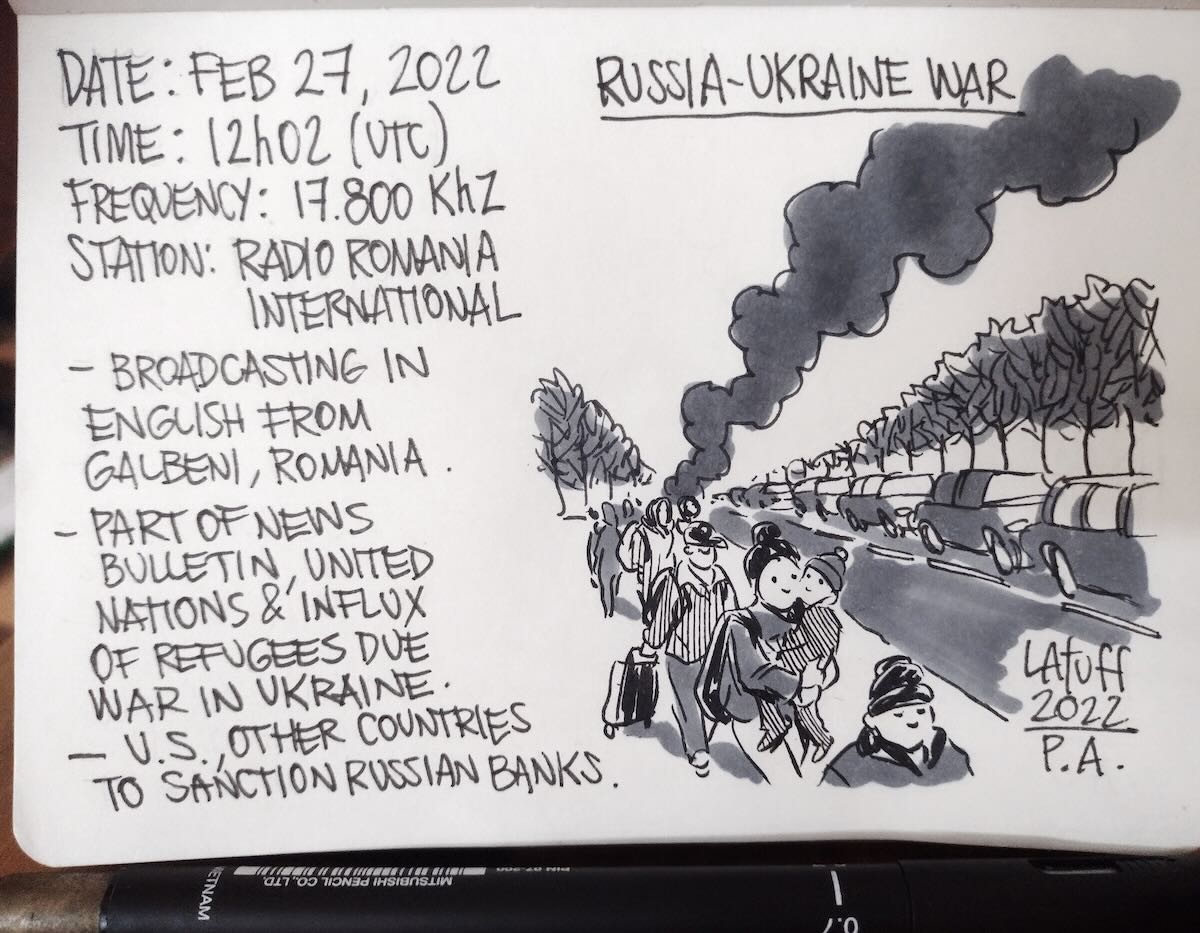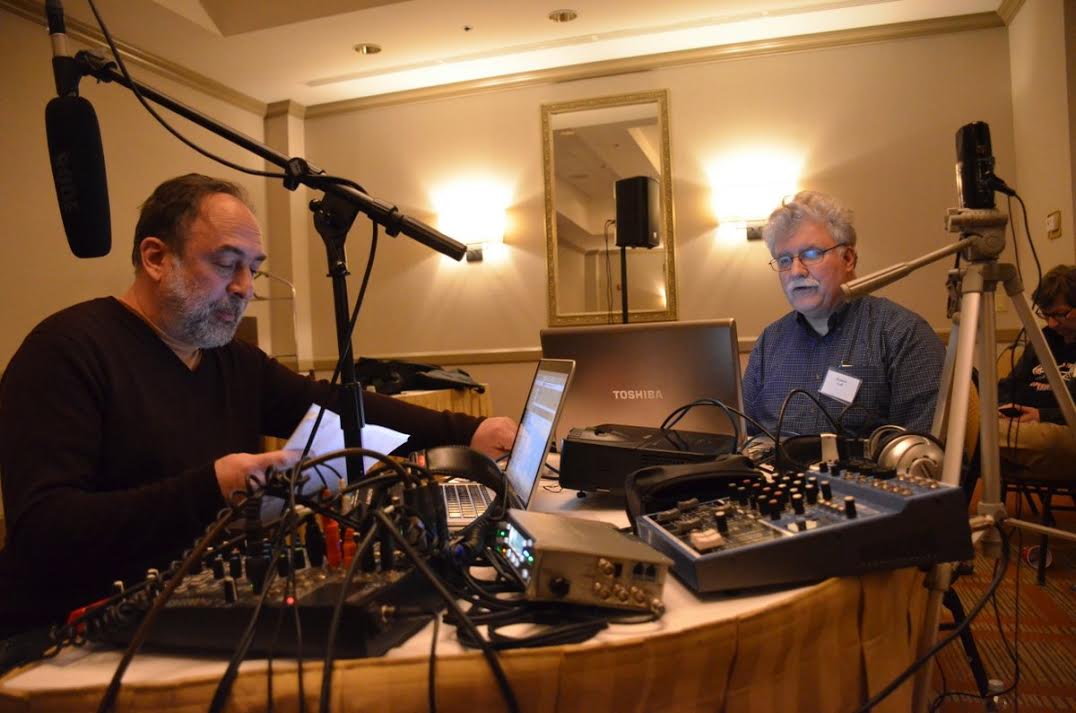Many thanks to a number of SWLing Post contributors who share the following news item from the New York Times. I’ve included an excerpt below, but the full article article can be found on the NY Times website. You may need a NY Times account to read this article if you’re not a paid subscriber; the account is free and allows you a limited number of free articles each month:
BBC revives shortwave radio dispatches in Ukraine, and draws ire of Russia.
As Russia is trying to cut off the flow of information in Ukraine by attacking its communications infrastructure, the British news outlet BBC is revisiting a broadcasting tactic popularized during World War II: shortwave radio.
The BBC said this week that it would use radio frequencies that can travel for long distances and be accessible on portable radios to broadcast its World Service news in English for four hours a day in Kyiv, the Ukrainian capital, and in parts of Russia.
“It’s often said truth is the first casualty of war,” Tim Davie, director-general of the BBC, said in a statement. “In a conflict where disinformation and propaganda is rife, there is a clear need for factual and independent news people can trust.”
On Tuesday, Russian projectiles struck the main radio and television tower in Kyiv. Oleksii Reznikov, Ukraine’s defense minister, wrote on Twitter that Russia’s goal was “to break the resistance of the Ukrainian people and army,” starting with “a breakdown of connection” and “the spread of massive FAKE messages that the Ukrainian country leadership has agreed to give up.”
Shortwave radio has been a go-to vehicle to reach listeners in conflict zones for decades, used to deliver crackling dispatches to soldiers in the Persian Gulf war, send codes to spies in North Korea and pontificate through the Iron Curtain during the Cold War. But more modern forms of radio along with the internet eventually pushed shortwave out of favor; the BBC retired its shortwave transmissions in Europe 14 years ago. [Continue reading the full article…]

